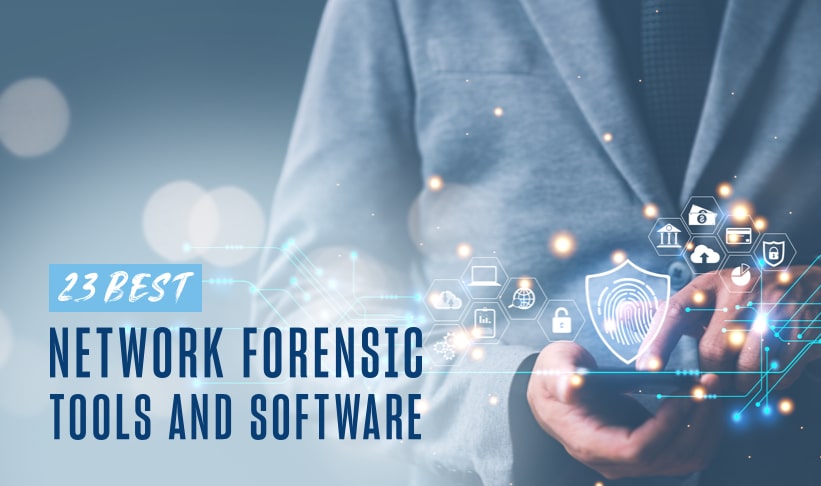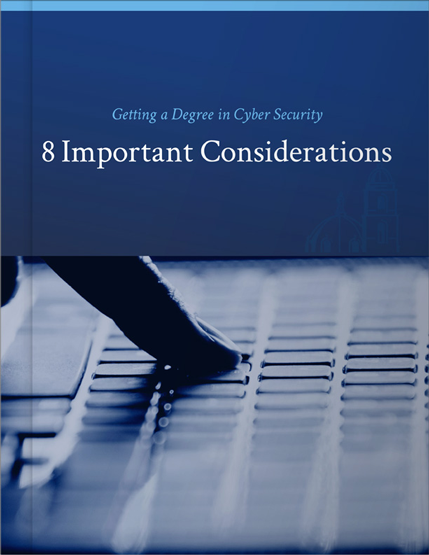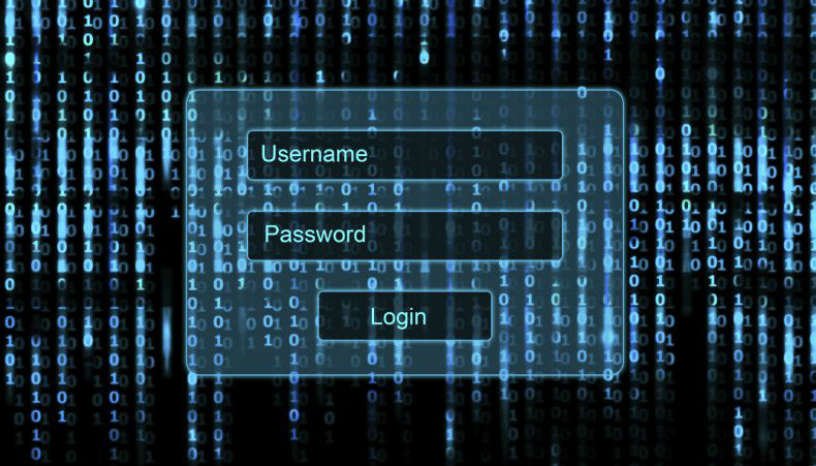Network forensic tools are incredibly useful when it comes to evidence collection, especially in a day and age when most people are constantly within reach of a cell phone, laptop and other technology. In this blog post we explore nearly two dozen types of network forensics tools and techniques that cybersecurity professionals are using to aid in investigations.
Network Forensic Tools and Software
Note: This list is organized alphabetically, not by any particular rank.
- AccessData FTK This computer forensic software is recognized as the standard toolkit for cyber defense forensic analysts. Features include full-disk forensic images, as well as the ability to decrypt files, crack passwords, parse registry files and more. A 10-day free trial and a variety of pricing and plans are available.
- Bulk Extractor Extract structured information — email addresses, credit card numbers, JPEGs and JSON snippets — with this high-performance digital forensic exploitation tool. The software works by rapidly scanning any kind of input, like disk images, files, directories and more.
- CAINE CAINE, or Computer Aided Investigative Environment, integrates existing software tools as modules to provide a user-friendly graphical interface. This is an open-source software, designed to be publicly accessible.
- Cellebrite UFED Use this platform to access a broad range of mobile devices, including smartphones, drones, SIM cards and GPS devices. Collections are made possible with multiple data methods, including full file system and physical extraction.
- EnCase This court-accepted evidence format had found digital evidence to assist law enforcement and government agencies for more than two decades. Its intent is to reduce case backlogs by closing cases faster. Report templates are easily customized for a comprehensive view of findings.
- HackerCombat Organizations are able to detect and respond to cyber threats efficiently with this web-based console. An open-source software, HackerCombat offers a free Endpoint Detection and Response solution.
- HELIX3 Reveal Internet abuse, data sharing and harassment without detection using HELIX3. This software integrates into your network, providing visibility across the entire infrastructure. Features include compliance management, protection from employee malicious behavior, litigation support and more.
- NetworkMiner Extract files, images, emails, passwords and the like with NetworkMiner, an open source tool with free and professional editions. The software can also be used to capture live network traffic.
- Paraben E3 Digital Forensic Software from Paraben can be used for all types of digital data processing, including support for smartphone and computer forensics as well as email investigations. Digital investigative training is offered.
- ProDiscover Forensic This comprehensive digital forensic software empowers investigators to capture key evidence from computer systems. Features include collection, preservation, filtering and analyzing. ProDiscover was one of the first products to offer remote capabilities. Customers include — NASA, Microsoft, Sony Pictures, New York State Police and the National Institute of Standards and Technology, to name a few.
- Registry Recon Choose from one, three and five-year subscription plans to comb through registry data with a focus on changes over time. Access deleted registry data and even view keys and their values at particular points in time.
- SANS SIFT Take advantage of free and open-source incident response and forensic tools with SANS SIFT. The latest techniques are incorporated as they become available.
- Sleuth Kit (+ Autopsy) Law enforcement, military and corporate examiners take advantage of this digital forensics platform and graphical interface. Features include timeline analysis, hash filtering, keyword search, data carving and more. Installation is easy and the software is free to use.
- Splunk Splunk products — Splunk SOAR, Splunk Enterprise Security and Splunk Intelligence Threat — allow users to combat threats with advanced analytics. Keep your system secure and reliable, addressing threats before they are major problems.
- Snort This open source detection software uses rules to define malicious network activity and generate alerts quickly when threats arise.
- Tcpdump Capture and analyze network traffic with Tcpdump. This software is free and often used to help troubleshoot network issues.
- Volatility The Volatility Foundation is an independent non-profit organization that promotes open source memory forensics with the Volatility Framework. The program is written in Python.
- WindowsSCOPE WindowsSCOPE Cyber Forensics 3.2 is graphical user interface-based memory forensic capture and analysis toolkit. It has advanced search capabilities with applications including digital forensics, crime investigation, cyber defense and attack detention. WindowsSCOPE serves varying markets — incident response, law enforcement, reverse engineering, education and more.
- Wireshark This widely-used network protocol analyzer features live capture and offline analysis, decryption support, standard three-pane packet browser and more.
- Xplico A major benefit of Xplico is that multiple users on your team can take advantage of this open source network forensic analysis tool at the same time.
- XRY This forensics and data recovery software runs on a Windows operating system to provide powerful, intuitive and efficient mobile data recovery capabilities.
- X-Way Forensics This integrated computer forensics software has a long list of features and options — disk cloning and imaging, data interpretation, remote capabilities and more.
Elevate Your Cybersecurity Career With the University of San Diego
If you’re interested in exploring a career in network forensics, look no further than the University of San Diego, which offers two advanced degrees in cybersecurity.
The Master of Science in Cyber Security Operations and Leadership, which is 100% online, is ideal for professionals who are interested in gaining leadership skills and a deeper understanding of cybersecurity topics, theories and concepts.
USD’s Master of Science in Cyber Security Engineering is geared toward those with an engineering background who aspire to become security engineers. Offered both online and in person, this program has been designated as a National Center for Academic Excellence.





